Testimonials
Some thoughts about the value of the TDP, from participants.
Makulumy Alexander-Hills
Department of Music
I find the most valuable parts of the TDP to be in the thinking that comes in-between all of the deliverables, the classes taught, the workshops joined etc. I now, quite simply, think of my teaching as much more of a practice, rather than a “position” or a “job.” With that practice comes reflection and constant tweaking, alteration, and response to students; the worst teaching is that which is rote, unresponsive, and identical from semester-to-semester. I view my teaching as much more fluid, flexible, and generous.

Matt Carbone
Department of Chemistry
Overall, I’ve found that the TDP has profoundly impacted my perspective on teaching… In the end, teaching is a responsibility that we owe our community, and I’ve found this program, and the time I’ve taken in reflection, to be transformative in how I approach pedagogy in the future.
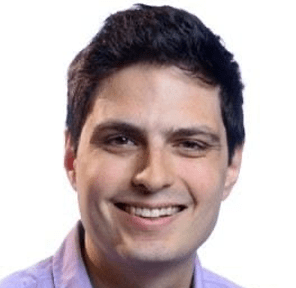
Aleksandra Jakubczak
Department of History
What I learned through the TDP was beyond my expectations. Entering the program, I considered myself more a researcher than an educator and disregarded this part of my academic training at Columbia. Now, at the end of this journey, I am more of an educator, and my pedagogical choices can both shape my students and extend the ideas that have guided me as a researcher – in particular, my commitment to giving voice to marginalized groups. Aleksandra shares more thoughts about her experience in the TDP on CTL’s Dead Ideas in Teaching and Learning podcast

Taarini Mookhergee
Department of English and Comparative Literature
Every job interview that I’ve had this year has asked some version of this question: What defines you as a teacher? It’s because of my experiences in the TDP that I feel like I have a compelling and articulate response. Every event I attended as part of the TDP informed how I presented myself as a teacher-scholar on the job market, and how I talked about the values and beliefs that I hold as a teacher. Though I began the TDP program fairly late in my graduate student career, it’s been instrumental in my experience in the job market. I believe that it’s because of the TDP program that I received a job offer this year. Video
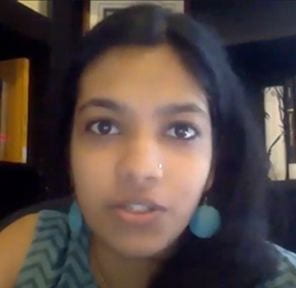
Lisa Randolph
Department of Neurology and Behavior
The TDP learning objective that has been the most relevant to me is the first learning objective (“Describe and implement learner-centered pedagogical practices that draw on evidence-based educational research”). I think this was especially significant to me because I am a student/teacher in STEM, so I have become accustomed to lecture-based classes in which the focus is dissemination of information rather than student engagement. I had come to think that this structure was more or less necessary for STEM classes, and the TDP helped me to see how I can make subtle changes to the structure of my classes that can enhance student engagement without altering the course content or depth.
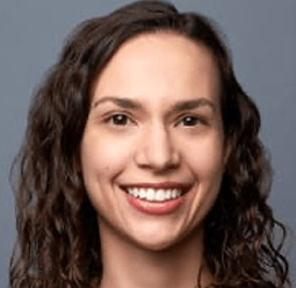
Tim Randolph
Department of Computer Science
Recently, I finished preparing my teaching portfolio for the TDP Advanced Track capstone. My strongest emotion was pride at how far I’d come: from someone who had no specific knowledge of how to teach to someone who can use the pedagogical concepts I’ve learned to articulate what I want to achieve in my classroom and why.
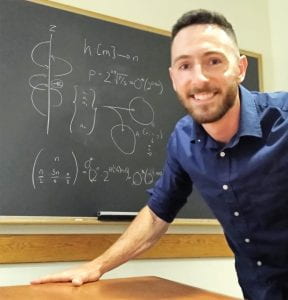
Anna Schwartzman
Department of Writing (SOA)
My participation in the TDP has allowed me to see the real innovation that can be achieved when teachers come together to speak openly about the ways in which they approach pedagogy, and I am looking forward to participating in many more learning communities in the future. Thanks to so many wonderful, supportive individuals at the CTL, I now feel that I have a solid foundation on which to progress in my teaching career!
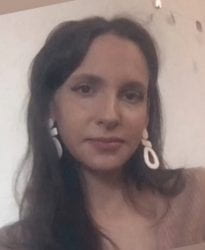
Ben Silver
Department of Psychology
When I first began thinking about my own teaching, my instinct was to emulate these rules, since in my mind, they conveyed authority and structure. However, the issue with this approach is that it lacks intention and breaks easily. My training through the TDP has taught me to first think about my intentions, and to build rules on top of those intentions. Now, every rule in my class is there for a reason.”

Sonja Wermager
Department of Music
The TDP involves crafting documents that you will need eventually anyways, and the practice of continuous reflection will invariably make these documents stronger. This is something I appreciate immensely about the program—not only is it a guided process of reflection, but it’s also extremely practical.
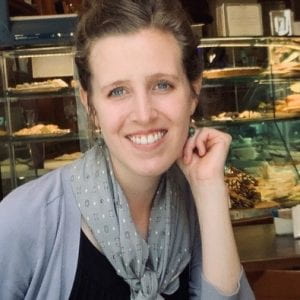
Stefanie Wilks
Department of Ecology, Evolution and Environmental Biology
While I have always had an interest in education generally, teaching itself did not personally appeal to me. I viewed teaching as constant public speaking, of needing to be an expert – able to speak eloquently and skillfully on a topic and answer all possible questions on that topic. My experience with the TDP program, and the CTL in general, not only disabused me of those notions, but also made me fall in love with teaching. Reframing the classroom away from the idea that the teacher is an expert who knows everything, to a community in which students contribute to and share knowledge with each other, has drastically changed how I approach teaching.

Ami Yoon
Department of English and Comparative Literature
Prior to pursuing the TDP, terms such as “inclusive pedagogy” and “active learning” were vague, abstract concepts for me; some ideas, such as “backward design,” were entirely new. Besides gaining language to identify particular teaching principles, I have also learnt to translate them into action as I work with students both inside and outside the classroom. In other words, I have shifted from approaching teaching as something primarily about what I, the instructor, do, to an approach that prioritizes student learning.
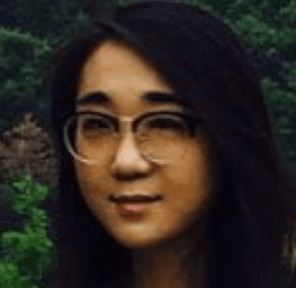
Planning Sheet
Contact Us
The CTL is here to help as you work through the TDP. Email us anytime.
Get Advice
Request an individual consultation to discuss your TDP progress.
Find Answers
Get quick answers to frequently asked questions.
Attend Sessions
Find and register for offerings that count for the TDP